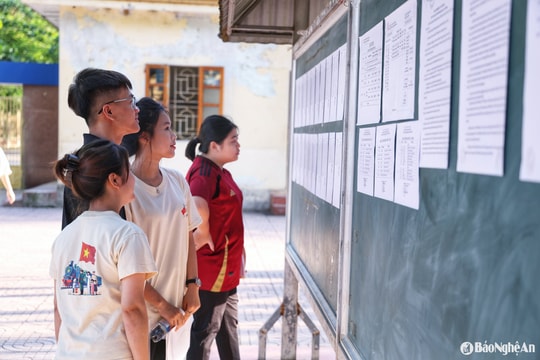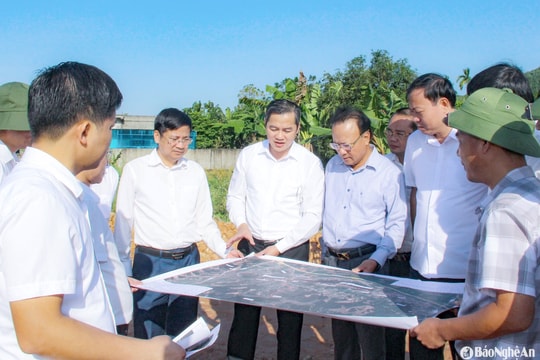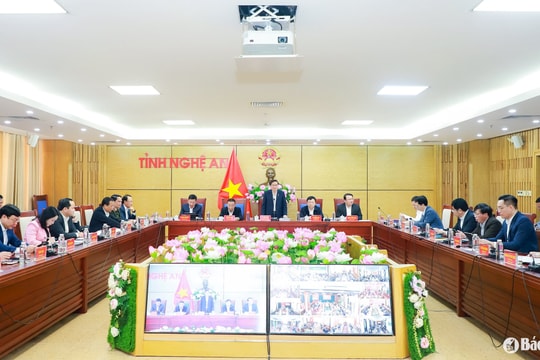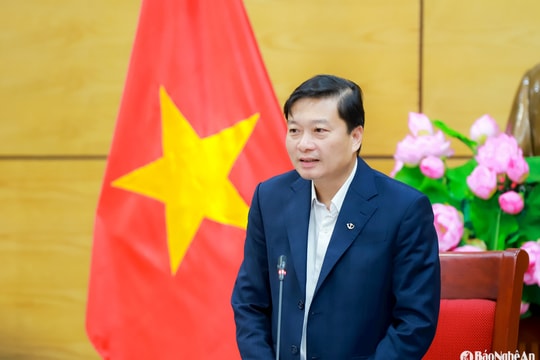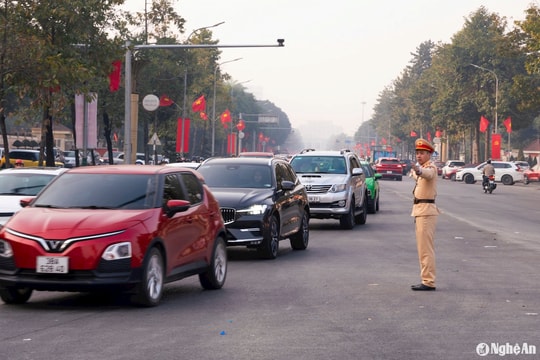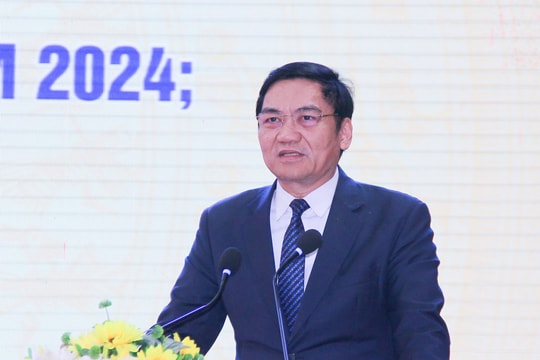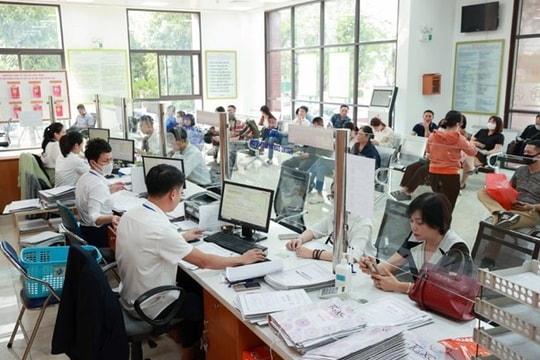It is not okay for officials to make mistakes and the leader to be "innocent"
We emphasize a lot on the responsibility of leaders but no one has been punished for violations in their party organizations or localities.
Inspection and supervision are considered one of the important "weapons" for the Party to control state power, carry out its leadership function, and prevent the tendency of power to deviate. Looking straight at the truth, the highest leader of the Party, General Secretary Nguyen Phu Trong, assessed that, besides positive changes, the work of inspection, supervision, and party discipline has not yet met the requirements, is still perfunctory, formal, and not drastic.
At the Reporters' Conference organized by the Propaganda Department in early September on the Party's inspection and supervision work, the summary results of 2016 and the first 6 months of 2017 showed that some local Inspection Committees did not conduct inspections of subordinate organizations and Party members with signs of violations.
Assessing this result, in an interview with VOV reporter, Mr. Ha Quoc Tri - Member of the Central Inspection Committee said that some local inspection agencies lack initiative, are still hesitant, respectful, evasive, afraid of collision, and do not dare to conduct inspections when there are signs of violations. A party organization in a certain period may not have violations, but many party organizations and many cadres and party members like that have no signs of violations, then something is wrong.
“The 12th Congress documents and the 12th Central Committee Resolution 4 have stated that the violations of cadres and party members in recent times have not only not decreased but have also tended to increase, and some aspects have become more complicated and serious. Therefore, the inspection results of some provinces and cities are inappropriate,” Mr. Tri emphasized.
 |
| Associate Professor, Dr. Nguyen Trong Phuc, former Director of the Institute of Party History. |
Testing is leadership
So what is the reason why the Party's inspection and supervision are not strong enough, and there is still a state of avoidance, hesitation, and lack of initiative?
Associate Professor Dr. Nguyen Trong Phuc, former Director of the Institute of Party History, who also worked in Party inspection, said that this was because Party inspection work at all levels was not taken seriously and was not perceived as a part of Party leadership. The old way of thinking that Party inspection agencies only get involved when an incident occurs and are slow to change has caused us to "chase" after violations but have not been able to identify and "grasp" the specific origin and root of the violations.
Meanwhile, inspection and supervision activities must be a regular activity of the Party organization, not just of the Party inspection agency. This is also the task of the Party Committee, the Standing Committee of the Party Committee, the Party organization and each cadre and Party member. Because the Party has affirmed that "leading without inspection is considered not leading". This awareness must be communicated from the central to local levels: inspection is leadership.
In addition, according to Associate Professor Dr. Nguyen Trong Phuc, we are confused when distinguishing between the manifestations of weakness in Party inspection work at all levels, especially at the grassroots level, and the causes leading to those weaknesses. Specifically, when an incident occurs, there needs to be a clear and serious distinction to correctly assess the level of mistakes and shortcomings, the negative impact, both within the Party and in society, and how it affects people's trust, to avoid hiding shortcomings, smoothing over, "peace is precious", or downgrading the level of violation during the process of reviewing and handling the incident.
After clearly defining and correctly assessing the violations, we will look for the causes that led to those violations. In particular, we must point out the internal causes of the person who caused the incident, why the violations occurred, including issues of thinking, Party spirit, training, self-cultivation, and sense of responsibility; then we will look for the causes of the Party organization's management, the inspection and supervision work of specialized agencies, which we still call "power control". Poor power control will lead to violations. From the common causes, we continue to go into the causes of each incident, from there we can assign responsibility in the spirit of Resolution 4 of the 11th Central Committee, which is the responsibility of the leader.
Recently, we have also emphasized the responsibility of the leader, but through a few incidents in this place and that place, it seems that the leader is "innocent", no leader has been punished for violations in his party organization, in his locality. While, as the Party asserts, "leading without checking is considered not leading", you are assigned the task of leading, leading the local party committee, agency, while the violations occur in your locality, agency and you are "innocent" is not okay, because that means you have not checked, controlled the work in your locality, your agency.
Cannot "chase" after mistakes forever
It can be said that the recent strong and drastic actions of the Central Inspection Committee have shown that when the Party's inspection agency really gets involved, is truly qualified and responsible, no matter how complicated or sophisticated the violation is, it will definitely be detected, ending the situation of "chasing" after violations.
However, to prevent violations, the key issue here is still power supervision - an important measure to tighten Party discipline, as General Secretary Nguyen Phu Trong figuratively said, "power must be locked in a cage of mechanisms and laws".
“In the conditions of the ruling Party, we must uphold Party discipline, not let the reality exist that in many local bases, Party discipline is still loose, unclear, and we do not know what cadres and subordinates do, how they do it, whether it is good or bad, and cannot be controlled. In my opinion, this is a concrete way of doing things and we can absolutely do it when we tighten power according to the prescribed Party discipline,” Mr. Phuc stated his opinion.
To tighten Party discipline, Mr. Phuc said that it is necessary to improve the quality of activities of Party organizations and Party committees, starting from Party cells. Party cell members must control each other and publicize the work in the Party organization and grassroots for the whole group to monitor. In that process, comrades in Party committees and authorities must personally conduct self-inspection, not just assign it to inspection agencies. Only then can the quality and effectiveness of Party inspection and supervision work be improved; and violations be effectively prevented and prevented. In particular, the handling of consequences should not be considered an achievement; Party committees, authorities, and Party organizations must feel ashamed when having to handle erring cadres, only then can the Party become stronger./.
According to VOV
| RELATED NEWS |
|---|

